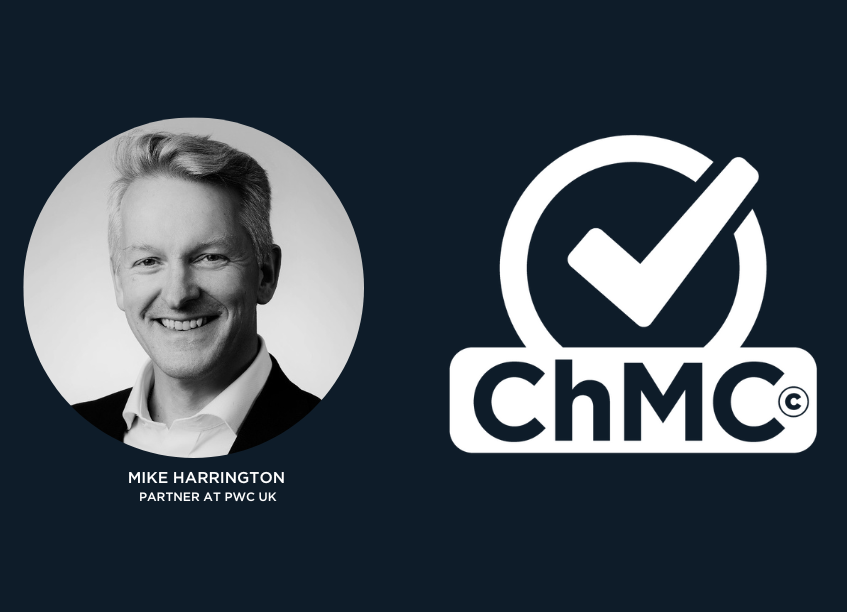Chartered does not just try to assess your technical abilities but also to help you develop ‘softer’ skills which are vital to help you make a connection with your colleagues and your clients. These are talents which are crucial to success. Here Mike Harrington PwC Partner discusses what it takes to build trust with clients and how to develop the skills to enable you to do so.
Here Mike Harrington shares his perspectives:
“Being able to build trust, having the skills to do so, is crucial to our job as management consultants. This requires what are called ‘soft skills’ but that description doesn’t mean that they are less important, in fact, the opposite is true.”
Technical skills in this context can be seen as commodities. You can train people to have technical skills or learn them in a library. You can study a sector or teach someone value analysis.
But the ability to build trust with a client and your colleagues requires a different mentality. Years ago, someone shared with the components of trust – credibility + reliability + intimacy/self-orientation. This is an emotional mindset and it can be a really tough journey before you get it right.
“It starts off with self. You showing to yourself that you are willing learn about yourself. To take onboard how other people see you and to develop. Ask yourself why you trust other people. They may have credibility because you value their insight and experience. Because of their reliability, their ability over time to be proven right. That they are helpful.”
Then there is an element of intimacy – that they have empathy with you. And that is crucial in how you build trust with clients and colleagues. That you can show them you appreciate what it feels like to walk in their shoes.
This means that you have got to show that you are as emotionally invested in a client’s business and success as they are. The same goes for a colleague and their career development and prosperity.
It is a bugbear of mine that some consultants feel you show commitment just by throwing bodies at a problem. But that can as much be a business tactic about increasing your own profits. Signs of self-interest can undermine trust.
This is about showing to people that you are as emotionally committed to solving their problems as they are. That you share their dilemmas and understand their failings just as you, yourself, understand your own.
Most people have to work at it. There will be several speedbumps along the way. But as you view them in the rear-view mirror you will find even negative experiences are a source of experience and guidance.
You can test your technical skills with certainty, often without fear of loss. Testing your emotional capabilities is much more profound and asks you to risk vulnerability.
Gone are the days when the model answers for aspiring consultants when they were asked about their own failings was to say that your friends said you worked too hard or were too conscientious about detail.
Now we prefer emotional honesty. People who can connect with themselves can connect with other people and in this context that means clients.
“It takes effort. But once you have, with a client, mapped out a journey you think they should go on, you need to show the connection that it is a journey you will go on together – right up until the end.”

